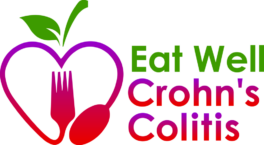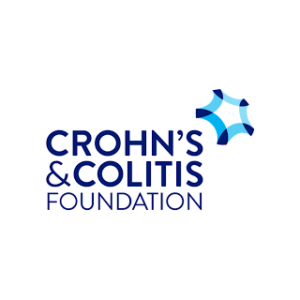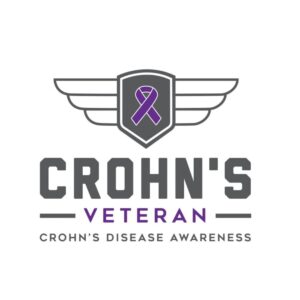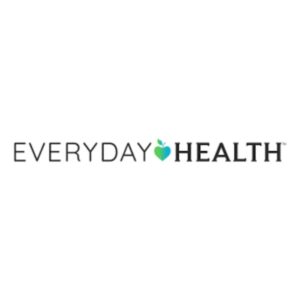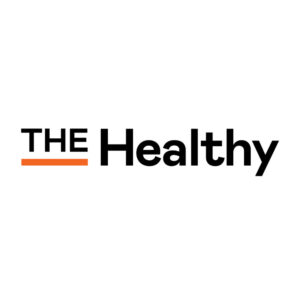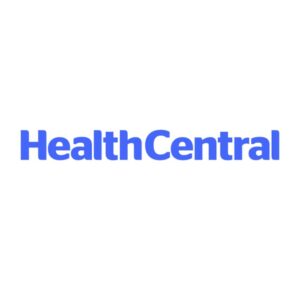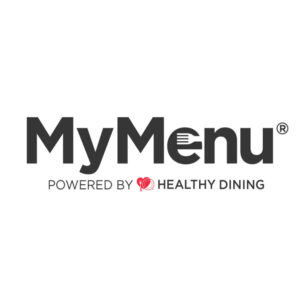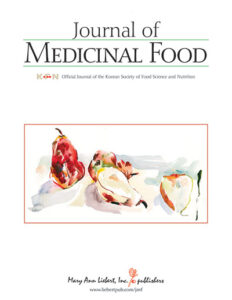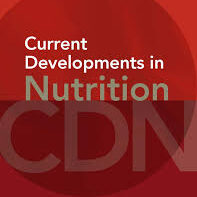Can Omega-3s Have a Role in IBD Management?
Alison Rosenstock, MS, RD
- Last Updated
Omega-3 fatty acids are essential nutrients which have exhibited many positive effects on body systems. Increased intake of omega-3s has been associated with improved cardiovascular, neurological, and immune health. A mechanism of particular interest is the ability of omega-3s to reduce and prevent inflammation, which has been correlated with decreasing the risk for and advancement of serious and chronic health conditions.
As we know, inflammation characterizes Crohn’s Disease (CD) and Ulcerative Colitis (UC) and often exacerbates disease progression in inflammatory bowel diseases (IBD). Does this mean that there is a role for omega-3s in the mitigation of IBD symptoms or even the path towards acquiring and maintaining remission? Today’s blog will discuss the types of omega-3s and where they are found (including in supplements), the research findings to date on their relationship to inflammatory bowel diseases, and what the implications are on a practical level.
Omega 3s From Land and Sea
There are three most well-known omega-3 fatty acids which are included in dietary recommendations by health experts. These are alpha-linolenic acid (ALA), eicosapentaenoic acid (EPA), and docosahexaenoic acid (DHA).
ALA
ALA is the most common dietary omega-3 fatty acid [1] and is found largely in plant foods including walnuts, almonds, flaxseeds, chia seeds, and tofu [2]. Because ALA on its own doesn’t have many biological functions, the human body converts it into more active forms like EPA. However, this process is not very efficient, and only about 5% of ALA successfully converts into EPA, while less than 1% of ALA converts into DHA [1,3].
EPA and DHA
These two are known as the “marine omega-3” fatty acids because they are found predominantly in fish and seafood like salmon, herring, shrimp, sturgeon, and algae as well as fish oil. A noted function of EPA is the creation of signaling molecules called eicosanoids, while DHA plays a critical role in the structure and integrity of cell membranes [1,3].
In addition to food sources, there are multiple types of omega-3 supplements available. Fish oil, fish liver oil, and krill oil contain both EPA and DHA, while vegetarian options include algal oil which contains DHA (and some EPA in certain products) and flaxseed oil which contains ALA [4].
The United States National Institute of Health recommends a minimum daily ALA intake of 1.6 grams for men and 1.1 grams for women, while the World Health Organization recommends at least 250-500 milligrams of EPA and DHA combined for healthy adults [5].
What Has The Research Found?
A literature review by Marton et al [6] found multiple instances of omega-3 intake improving disease outcomes, particularly in subjects with UC. These included reductions in inflammatory biomarkers, induction and maintenance of clinical remission, and improved quality of life. While some of the studies relied on supplementation to administer omega-3s, others used dietary sources like a 600-gram serving of salmon. EPA and DHA are the form of omega-3s most frequently featured in clinical studies.
However, most of the interventions featured small, primarily homogeneous sample sizes. More research is recommended to establish if their findings are applicable to the larger UC and IBD populations. Additionally, it remains unclear if increasing dietary omega-3 intake alone offers benefits comparable to those seen with supplementation.
What Are Omega-3s’ Potential Mechanisms?
There are multiple means through which omega-3 fatty acids may prevent and temper inflammation in the body. EPA and DHA possess the ability to replace arachidonic acid (which is potentially toxic to cells), which can inhibit the production of pro-inflammatory molecules like prostaglandins and cytokines [7]. Additionally, omega-3s can change the composition of the cell membranes in the gastrointestinal tract and promote the repair of inflamed GI mucosa (the scientific term for lining) [7].
The key to understanding the role of omega-3s in IBD could be attributed to impacts on the microbiome. Costantini et al [8] noted that omega 3s are associated with favorable alterations in the gut microflora, such as increasing beneficial compounds like short chain fatty acids and promoting a healthier overall composition.
To Supplement or Not To Supplement?
The general rule of thumb in nutrition is that obtaining nutrients through diet is most ideal. However, given the limited amount of EPA and DHA food sources as well as restrictions that often accompany IBD symptoms, disease progression, and surgical recovery, supplementation may be called for to ensure adequate omega-3 intake. The most studied supplement is fish oil, which is a highly bioavailable source of both EPA and DHA.
It is incredibly important to take all dietary supplements as directed and avoid exceeding any determined upper limit for dosage. The US Food and Drug Administration recommends no more than 5 grams per day for supplementation of EPA and DHA combined5, and some omega-3 supplements may contain high levels of mercury and polychlorinated biphenyls which have the potential for toxicity [2]. Always consult your physician, Registered Dietitian, and medical treatment team before making any changes to your dietary and/or supplementation regimen.
Take Home Messages
- Omega-3s are essential nutrients which have demonstrated anti-inflammatory effects throughout the body and improved health outcomes.
- Research on omega-3s to date, largely EPA and DHA and in the form of fish oil, has shown some promise particularly in management of UC. More studies with larger, more diverse populations are needed to properly understand what role omega-3s may have in mitigation of CD and IBD.
- Talk to your doctor and dietitian to determine an appropriate level of dietary omega 3 intake and if supplementation is warranted.
All included information is not intended to treat or diagnose. The views expressed are those of the author and should be attributed solely to the author. For medical questions, please consult your healthcare provider.
